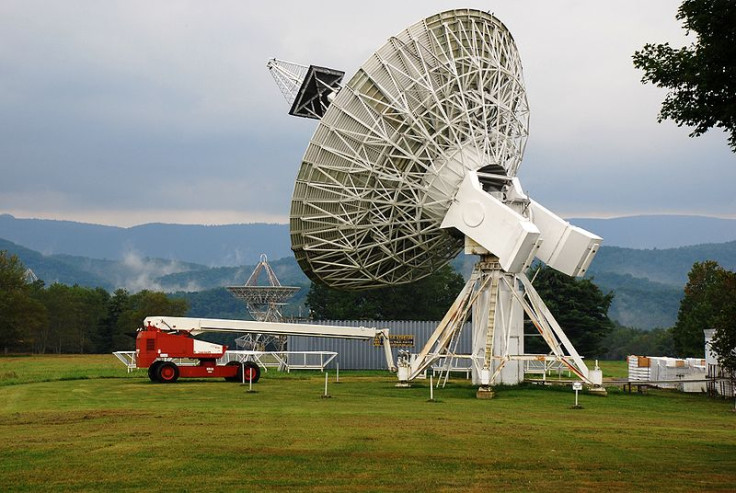This is why humanity shouldn't open a message from aliens
"There is no compelling reason at all to assume benevolence".

If we ever detected an incoming message from an alien civilisation, it would arguably be the most important discovery in scientific history. However, a new study suggests that receiving such a message may not be in the best interests of humanity.
John G. Learned, author of a new study published on arXiv.org, told Universe Today that there has never been consensus among researchers involved in the search for extra-terrestrial life (SETI) that contact would be a good idea.
"There is no compelling reason at all to assume benevolence (for example that extraterrestrials are wise and kind due to their ancient civilisation's experience)," he said.
Indeed, if we look at human history, there are very few instances where events turned out well for indigenous populations when they came into contact with more technologically advanced civilisations.
But how could something as seemingly innocuous as a message prove to harmful?
Learned and his colleague Michael Hippke, from the Sonneberg Observatory in Germany, suggest that there are a number of possibilities.
Firstly, a message could be used to spread disinformation in order to case confusion, panic or self-destructive behaviour. Furthermore, it could also contain damaging viruses or other harmful code designed to spread through the world's interconnected computer networks and cause technologies to fail en masse, bringing society to a standstill.
The researchers note that if an advanced alien civilisation did have the intention of destroying humanity, the cheapest and easiest option may be to send such a message, rather than an invasion fleet.
As such, the researchers recommend vetting, containing or 'decontaminating' any message before it is decoded, preferably using an analogue approach or an isolated computer system with only minimal communication channels (although no containment system is 100% effective).
However, to complicate matters, the likelihood is that any alien signal will arrive in multiple places at once, reducing the chance for containment.
In fact, the Declaration of Principles Concerning Activities Following the Detection of Extraterrestrial Intelligence adopted by the International Academy of Astronautics dictates that any message should be made available to the entire scientific community as soon as possible after it is received.
Finally, the authors recommend that any signals we send in search for alien life should be as benign as possible to minimise the risks of a threatening response.
"I think it's overwhelmingly likely that a message will be positive, but you cannot be sure," Hippke told Universe Today. "Would you take a 1% chance of death for a 99% chance of a cure for all diseases? One learning from our paper is how to design [our] own message, in case we decide to send any: Keep it simple, don't send computer code."





















